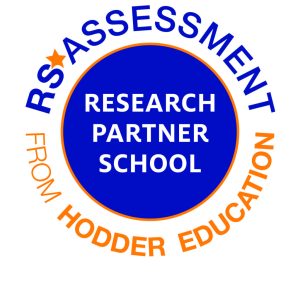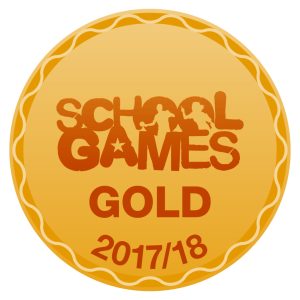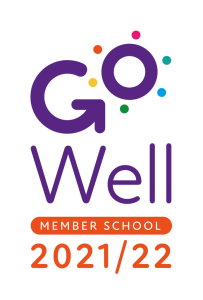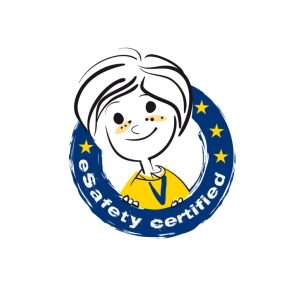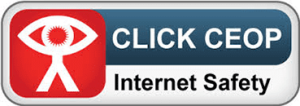Our Intent
At Dean Bank Primary school, we strive to develop a high-quality physical education curriculum that inspires all pupils to participate in regular physical activity to support their health and wellbeing.
We aim to develop our children’s confidence in 3 key aspects of physical education:
- motor competence (their knowledge of the range of movements that become increasingly sport- and physical activity-specific)
- rules, strategies and tactics (their knowledge of the conventions of participation in different sports and physical activities)
- healthy participation (knowledge of safe and effective participation)
In order for our pupils to improve their skills across the three aspects of PE, so they are highly competent and able to reach the aims of the National Curriculum, we aim to balance breadth and depth in our curriculum. Our children are given the opportunity to experience a range of sports and activities, while ensuring that we don’t try to cover too many activities so an appropriate amount of time can be spent on the children mastering the activities planned for their year group. We know that pupils are best able to learn more and do more in PE when they have access to high-quality instruction, practice and feedback so we plan enough time into our units of work for this to happen successfully.
We aim to provide all of our pupils with a wide range of opportunities to participate in competition and experience a variety of sports and activities because we know that as well as supporting their sporting skills, this also supports the development of a wider range of skills: resilience, teamwork, communication, respect and understanding of fairness. Our partnership with Go Well means that we aim for all pupils within our school to be given the opportunity to attend at least one competition or festival outside of school and these are not just reserved for our more elite performers. At Dean Bank, we also aim for our children to be provided with opportunities for competition and to celebrate their achievements in PE with other children within our own school so our long term plan has been designed to facilitate this.
Our swimming lessons are focused on years 3 and 4 with pupils needing ‘catch up’ sessions attending additional lessons in years 5 and 6 as we aim for our pupils to be confident swimmers before they leave Dean Bank.
We aim for all of our staff to be confident teachers of the physical education curriculum who can assess children’s attainment and plan lessons to ensure that pupils make good progress. We want our pupils to develop transferable skills that they can apply to a range of different sports so they approach new challenges with confidence.
PE is a powerful tool to develop children’s confidence, resilience and communication skills as well as improving their life chances by setting up their understanding of healthy, active lifestyles; therefore, we ensure that PE is not just for some children, it is for every Dean Bank child.
Long Term Plans
Progression of Skills
- Athletics Progression of Skills for EYFS and KS1
- Athletics Progression of Skills for Lower and Upper KS2
- Dance Progression of Skills for EYFS and KS1
- Dance Progression of Skills for Lower and Upper KS2
- Games Progression of Skills for EYFS and KS1
- Games Progression of Skills for Lower and Upper KS2
- Gymnastics Progression of Skills for EYFS and KS1
- Gymnastics Progression of Skills for Lower and Upper Key Stage 2
- OAA Progression of Skills for KS1 Lower and Upper KS2
Useful Websites
https://go-well.org/
https://www.bbc.co.uk/teach/supermovers
https://www.countydurhamsport.com/young-people/active-30/home/
https://www.activekidsdobetter.co.uk/
https://plprimarystars.com/home-learning
https://www.nhs.uk/change4life/activities
https://www.jumpstartjonny.co.uk/home
https://imoves.com/imovement-signup

